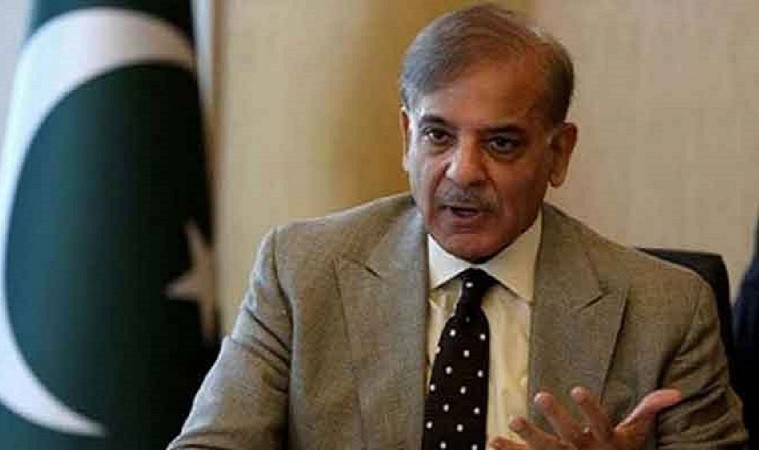
The change of leadership in Islamabad could signal not just a return to civility in India-Pakistan relations, but also a drive for normalisation of relations between the two neighbours.
Prime Minister Shehbaz Sharif, unlike his predecessor Imran Khan, is neither a demagogue nor a narcissist who lives in a parallel universe. Shehbaz Sharif, on the other hand, is a seasoned politician who appreciates the importance of repairing relations with India.
He will, fortunately, have the Pakistan Army's assistance in any endeavour or outreach he undertakes to India. While India is wary of engaging Pakistan, it may be inclined to reciprocate any action taken by the latter.
While Indian Prime Minister Narendra Modi's congratulatory message and Pakistani Prime Minister Shehbaz Sharif's response were nothing out of the ordinary. It is customary for two heads of state to extend courtesies, even this gesture is a welcome change from the toxicity that characterised relations between the two countries during Imran Khan's tenure.
Going forward, diplomatic etiquette and decency, which were thrown to the winds by the vituperative Imran Khan, are expected to re-emerge as the standard. This, in and of itself, would aid in the reduction of tensions and animosity in bilateral relations. More crucially, it will pave the way for some form of cooperation between the two South Asian neighbours.
There's no disputing that a change of approach won't be enough to handle some of the most troublesome issues in India-Pakistan relations, such as territorial disputes, Kashmir, and, of course, terrorism. However, the time has come for both countries, and Pakistan in particular, to discern between pressing difficulties and existential issues that threaten the state's very survival.
Pakistan will continue talks with the International Monetary Fund
Pakistan launches airstrike on Afghanistan, 47 people killed
Pakistan PM writes to PM Modi, calls for meaningful ties with India